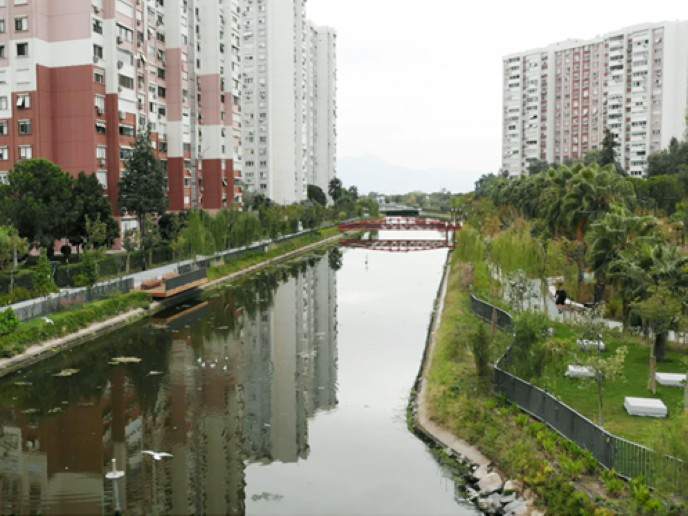A new approach for safer drinking water
As society becomes more urban and population density increases, access to safe drinking water declines dramatically. In this context, the struggle for land and water often go hand in hand. In light of this, the NEGOWAT project has organised, expanded and assessed a methodology which merges an agent-based modelling approach with role game playing. The result is a liaising tool for assisting negotiations of land and water management in urban upstream structures in Latin America. Taken as an example, Bolivia is one of the Latin American countries in which significant accomplishments have been made for the design and implementation of community management for rural water supply. However, there is still much room for improvement when it comes to assisting periurban committees. Periurban areas, which immediately border an urban area, differ from rural and urban systems in terms of their complexity, budget size and challenges encountered. Hence, tools to raise awareness and training to broaden communication regarding such issues were put into effect in order to seek improved solutions. One of these came in the form of a role-playing game called SosteniCAP (Sustainability of drinking water committees). Behind the methodology was the idea of raising awareness, targeting women and youth as well as strengthening the management team and the representatives. This was applied to 500 committees supplying water to 500 000 dwellers in the urban vicinity of Cochabamba and in periurban areas of Andean countries. Distribution of the methodology involved a book which compared various means of supporting community-based water drinking committees in rural, urban and periurban areas. There was also a series of booklets for managers and local leaders of the areas. These efforts have contributed to increasing awareness of the significance of self-organised drinking water committees at national level, serving as a valuable alternative.







